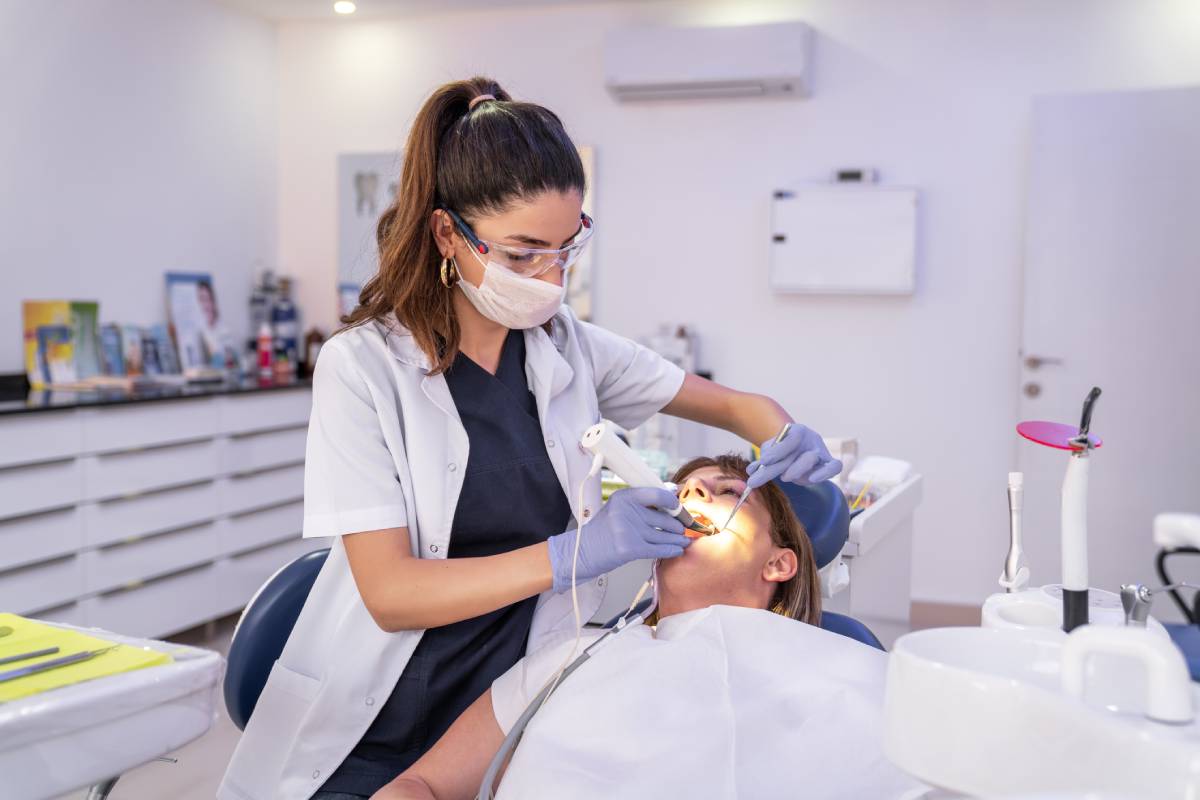Can You Drive After a Root Canal?
Root canal therapy is a very effective method for saving a severely decayed tooth from extraction. The procedure is rarely painful or causes any significant discomfort to the patient. On the contrary, it can provide great relief to patients who experience pain due to tooth decay. But can you drive after a root canal procedure? Please read our article to learn what types of sedation and anesthetics during a root canal will allow you to drive right away.
Can You Drive After a Root Canal?
Whether or not you can drive after a root canal therapy depends on the kind of sedation, if any, used during the procedure. Typically, dentists will use a local anesthetic when performing root canal therapy. Most patients do not have any significant side effects from it and feel alert and well enough to drive. However, if you feel nauseous or dizzy after having an injection of a local anesthetic, it is better to decide against driving until the symptoms go away.
Some patients might require sedation dentistry options for their root canal therapy procedure. Sedation might be helpful for those with high local anesthetic tolerance, those who find it challenging to remain in one position for a long time, or those who have acute dental anxiety. Some sedation dentistry options will make you unable to drive right after the procedure.
Driving After Sedation
Let us look at sedation dentistry in relation to driving ability in more detail:
Nitrous Oxide
Nitrous oxide, also known as laughing gas, sedation is a mild form of sedation that is administered via inhalation. It helps patients relax and feel less stress and anxiety during the procedure.
Once the procedure is complete, your doctor will give you pure oxygen to inhale through a mask. Oxygen helps cancel out the effect of nitrous oxide almost immediately. Thus, you will likely feel fully alert and able to drive after your root canal procedure. Regardless, if you feel any residual effects of the sedative, such as a slower reaction time or drowsiness, we recommend you wait for these symptoms to go away before driving.
Oral Conscious Sedation
As the name suggests, patients take oral sedatives by mouth. They typically come in the form of a pill or a liquid solution, especially in pediatric dentistry. In most cases, the dentist will administer the oral sedative an hour before the procedure begins, as it needs some time to absorb before it starts working.
Oral sedation can make you feel sleepy or groggy, so some patients fall asleep during the procedure. Nevertheless, they wake up easily and can respond to their doctor to do what is required of them.
Oral sedation will take some time to exit your system, so you might remain sleepy after the procedure is complete. Oral sedation can also mildly affect your motor function and memory. Thus, if you undergo root canal therapy under oral sedation, you will not be able to drive right after the procedure.
Intravenous Sedation
Intravenous sedation (also can be referred to as IV sedation) is the strongest type of conscious sedation. As the name suggests, it is administered directly into the bloodstream via an injection into a patient’s vein.
Your doctor will closely monitor your blood pressure, heart rate, and oxygen levels while you are under this type of sedation. The dosage you receive can be adjusted during the procedure. Also, the effect of IV sedation can be reversed entirely using special medication, should any concerns arise.
Patients who opt for IV sedation are typically asleep during a procedure and do not have any memories of it afterward. This type of sedation is most suited for patients with severe dental anxiety or those for whom it is impossible to remain in one position during the procedure.
If you choose IV sedation for your root canal procedure, make arrangements for someone to drive you home afterward, as you will feel sleepy, and your motor function will most likely be slower than usual.
General Anesthesia
General anesthesia is rarely used for root canal therapy or other routine dental procedures. It is a strong sedation during which a patient is entirely unconscious. Typically, only a professional anesthesiologist can administer this type of sedation after conducting several general health tests. General anesthesia is mainly used in cases of complicated oral surgeries.
Make an Appointment at Smiles of Arcadia
Make an appointment for stress-free root canal therapy with an experienced dentist at the Smiles of Arcadia dental office today. During the initial consultation, you will be able to discuss anesthetics and sedation options, as well as any other questions that concern you. We look forward to your visit.

